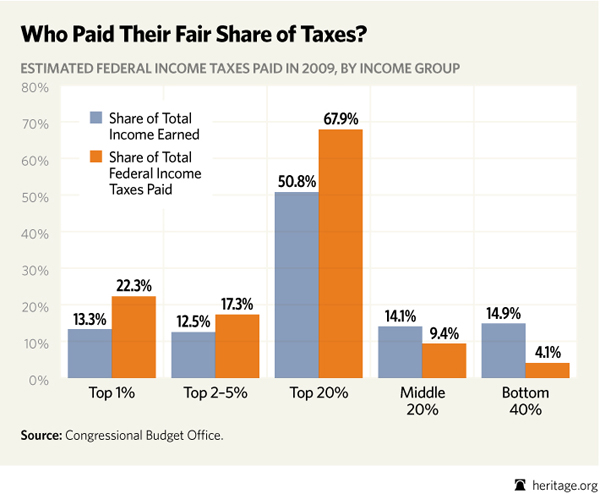A large number of the Forbes 400 inherited their wealth. Many others on the list, people who started companies that they’ve since left, are classified by Forbes as investors.
This investor class is doing very, very well.
In the last year alone, the cumulative net worth of the wealthiest 400 people, by
Forbes’s calculation, rose by $200 billion. That compares with a 4 percent drop in median household income last year, according to the Census Bureau.
It’s also hard to find much evidence that cutting taxes on investment income has led to much economic growth.
In the 1980s, for instance, Ronald Reagan actually raised taxes on investment income and the economy did very, very well.
George W. Bush’s capital gains cuts, however, did not lead to such a strong economy.
Since ordinary income is taxed at rates up to 35 percent while long-term capital gains are taxed at a maximum rate of 15 percent, there is a 20 percent reward for every dollar that can be transformed from high-tax compensation to low tax capital gains.
If you’re not willing to raise the capital gains rate you probably can’t achieve base-broadening, rate-lowering tax reform that doesn’t increase taxes on the middle class.
http://www.washingtonpost.com/blogs.../the-case-for-raising-taxes-on-capital-gains/


